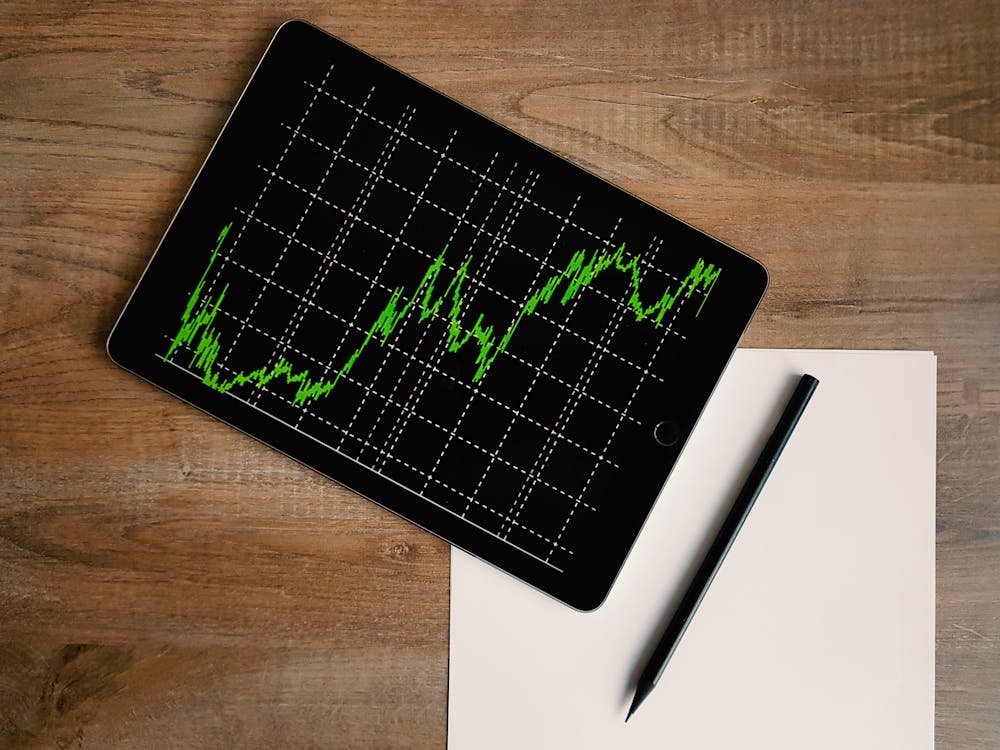Have We Kicked The Can To The End Of The Road?

Image Source: Pexels
With “recession“ dominating economic headlines these days, many have forgotten the K-shaped versus V-shaped recovery debate of late 2020.
Still riding the high of stimulus checks and PPP loans, nearly all market pundits concurred that we were largely out of the woods of financial turmoil. Their disagreement lied in whether the rebound would take place in the real economy (V-shaped) or solely in asset prices (K-shaped), leaving Main Street behind. While 2021 saw euphoric asset valuations and even a precipitous decline in unemployment, it now appears that both camps may have been incorrect.
With roaring inflation, an ominous negative GDP print, and the S&P nearing a bear market, Peter Atwater, an expert who focuses on investor confidence, believes we are on the cusp of a financial crisis on both Main Street and Wall Street.
To illustrate how this might play out, Atwater highlights the common practice by which the wealthy borrow against their asset holdings at historically low rates to fund expenditures. Rising rates and quantitative tightening have the potential to not only increase interest fees but also lower the value of the pledged collateral, potentially triggering margin calls for the upper echelon of society.
Atwater points out that personal loan volumes (mortgages, margin debt, etc.) have increased to a greater degree than those of credit card loans. This is a sign that Wall Street may be more levered, thus more vulnerable to monetary tightening, than Main Street. Whereas the Main Street, many of whom are not asset owners, might actually welcome a decline in asset prices, especially in real estate. Instead, the Average Joe’s main concerns today are food and gas prices.
These realities give insight into the policy path central bankers may choose, who are in a difficult position as they attempt to quell inflation with pressure from Wall Street who have gotten used to lofty asset prices.
Will the Fed sacrifice Wall Street to protect Main Street? Atwater isn’t sure that it’s that simple.
He believes there is one key point central bankers seem to be ignoring: potential business failures.
With over 30% of the companies in the pre-pandemic Russell 2000 being zombies (i.e. companies with revenues barely sufficient to service their debts), it’s hard to see how raising interest payments will not initiate a wave of bankruptcies and accompanied layoffs.
Therefore, even if the Federal Reserve elects to help the little guy by taking on inflation, the pain may instead be felt in the jobs market.
For all the details on Peter’s insights, listen to his full interview with Wealtion, hosted by Stephanie Pomboy.
Video Length: 00:45:29




Great, thanks.
Thanks for this. I followed you so I can be notified when you publish more insights here.
I agree that the pain is going to be felt in the jobs market.